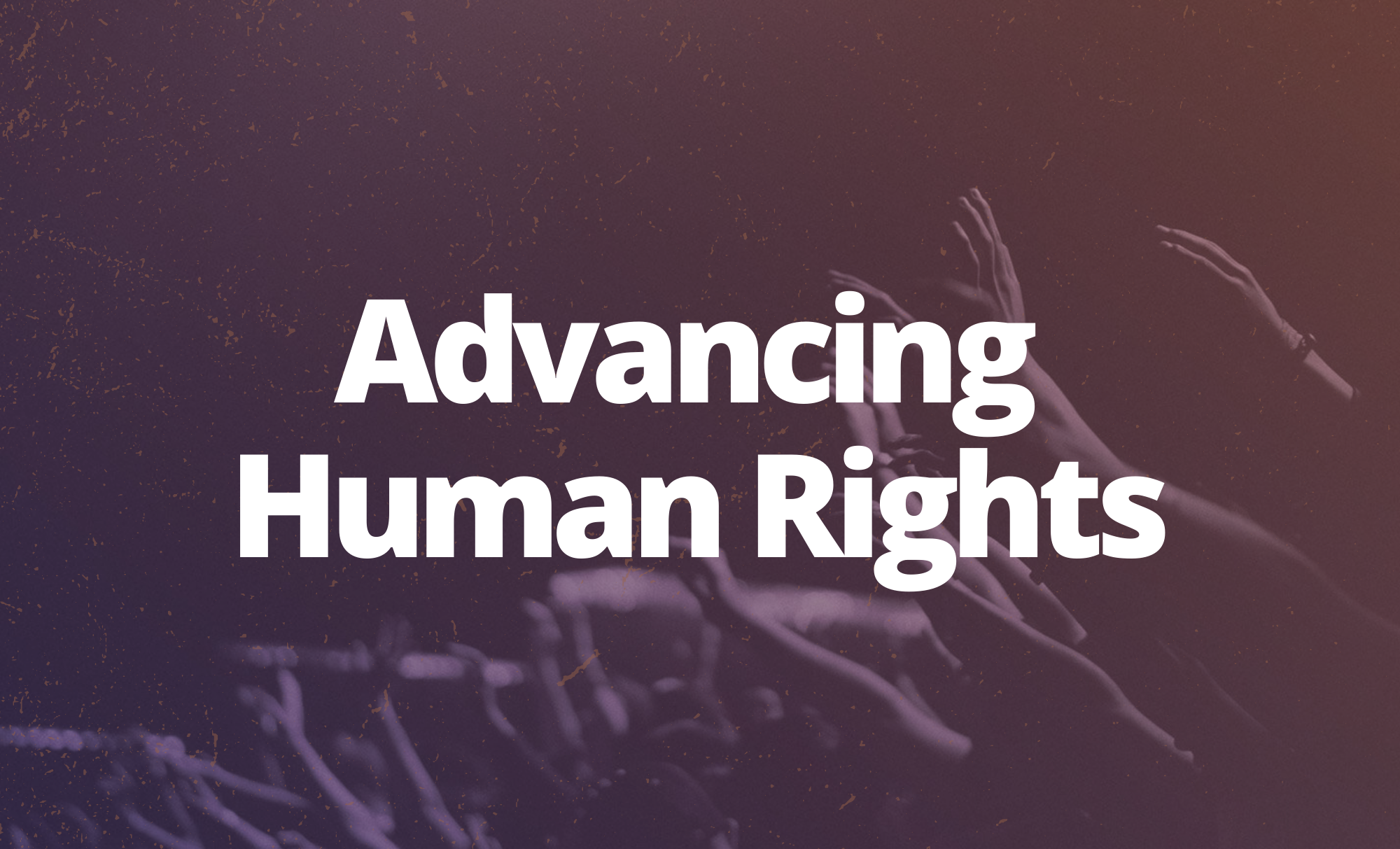Written By Anu Gupta
Advancing Human Rights; Advancing Equality

Amid the hubbub of the holiday season, there’s another important day of action that we should not shy away from recognizing. December 10 is Human Rights Day, an annual observance overseen by the United Nations.
Human Rights Day honors the anniversary of the signing of the Universal Declaration of Human Rights, or UDHR, in 1948.
The UDHR, of course, is the document that codified the inalienable human rights of all people, “regardless of race, colour, religion, sex, language, political or other opinion, national or social origin, property, birth or other status.” According to the UN, it is the most translated document in the world.
This year’s chosen theme for Human Rights Day is “EQUALITY: Reducing inequalities, advancing human rights.” This theme is obviously close to my heart, as reducing inequalities and inequity is one of the key goals of my life’s work. With Human Rights Day upon us, I’m thinking more deeply about the tools and techniques that can help us move toward equality, break biases, and bring about human rights in our communities and our world.
The UN points out that ending inequality must also mean ending racism, something that has become abundantly clear to me and others in this work.
Many global inequalities — poverty, unequal access to healthcare, violence against women and girls — have the same root cause as systemic racism: bias. Bias, including racial bias, is a learned habit of thought that causes us to treat and think about people differently based on arbitrary characteristics like skin color or gender. As long as we hold onto our biases, we are not unlocking our full potential as people, and there is so much more we can be.
Racial bias in particular has cost our world so much, from the potential of human connection and collaboration to opportunities for creative problem-solving and innovation in the face of adversity.
It has impacted our progress on ending the pandemic, solving our climate crisis, and creating opportunities for our world’s young people. Ending racial bias is key to bringing about human rights for all.
Luckily, we have solutions to help us begin to tackle this enormous problem. At BE MORE with Anu, we look at ten key competencies that help our students unlearn their biases, cultivate compassionate habits, and begin to build a better world. These include:
-
Awareness: Acknowledging that unconscious bias exists and affects you
-
Optimism: Feeling activated and hopeful about transforming bias
-
Empathy and compassion: Sustaining positive emotions about yourself and others that transform your response to bias
-
Social cohesion: Being able to collaborate with others to transform bias
These habits, and the others that make up the BE MORE journey, are integral to our work to end racism and end inequality. We cannot begin to bring about sustainable change if we don’t first believe that it is possible. Tools like these help us to ground ourselves in the enormity of what is possible if we work together under a shared vision for a more just world.
This Human Rights Day, I encourage you to take the BE MORE DEI Challenge, a free, daily exercise that equips you with basic strategies for advancing diversity, equity, and inclusion.
It’s a small step you can take toward better understanding the impact of bias on all of us, and beginning to build toward something better for us all.
The United Nations writes that “We all lose in a society characterized by discrimination, division, distrust, intolerance, and hate.” Take these words to heart, and together let’s imagine what a world without inequality, racism, or bias can be.
